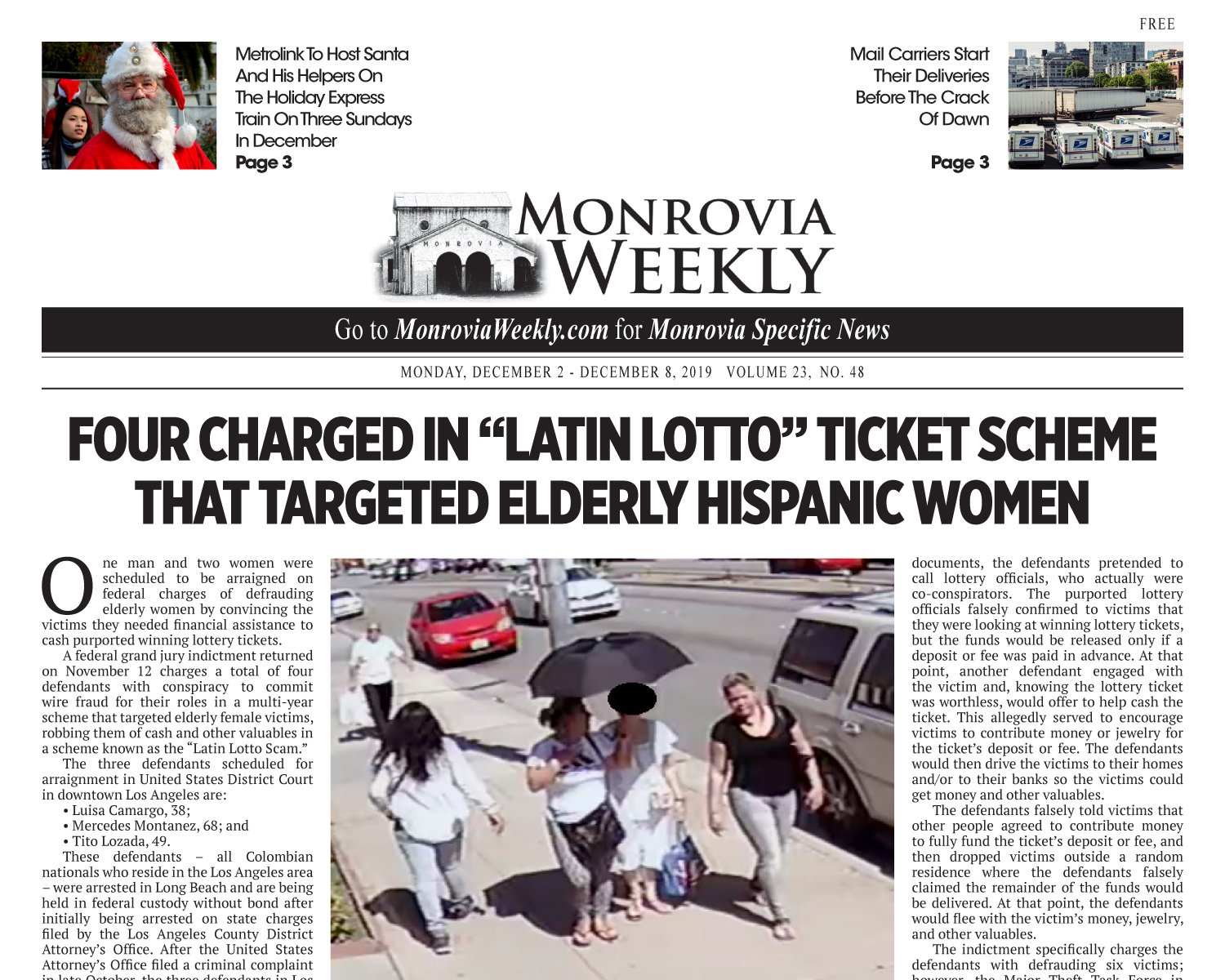

Emiko ( hands raised) and some of the women who are in the latest video highlighting women’s’ struggle against the rising tide of sexual harassment – Courtesy photo / Chris Cairnes
Emiko ( hands raised) and some of the women who are in the latest video highlighting women’s’ struggle against the rising tide of sexual harassment – Courtesy photo / Chris Cairnes
Add a comment






